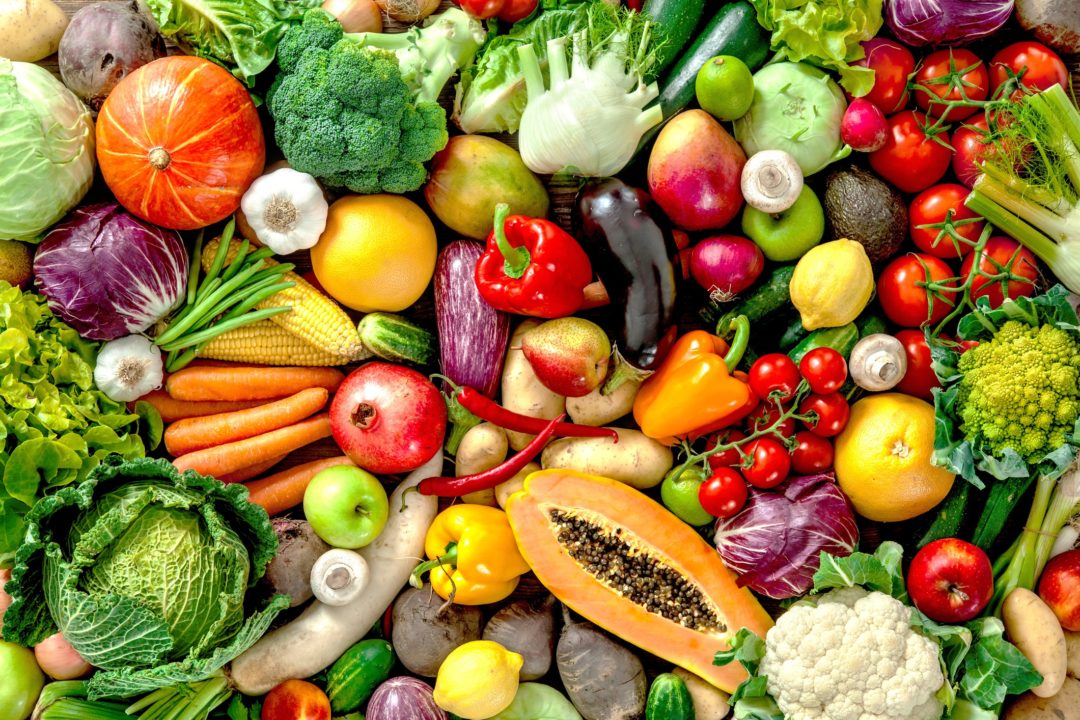Noting that vitamin C and carotenoid levels are more reliable indicators of fruit and vegetable intake than using dietary questionnaires, a press release on the topic says that researcherson the first studyexamined the association between blood levels of vitamin C and carotenoids with risk of developing type 2 diabetes. They used participants from the European Prospective Investigation into Cancer and Nutrition (EPIC)-InterAct study, which covered eight European countries. Specifically, they looked at 9,754 adults who developed new-onset type 2 diabetes, and a comparison group of 13,662 adults who remained free of diabetes during follow-up.
The people whose vitamin C and carotenoids levels were in the top 20% of the population had a 50% lower risk of developing type 2 diabetes than the people whose levels were the lowest. The researchers calculated that every 66 grams-per-day increase in total fruit and vegetable intake was associated with a 25% lower risk of developing type 2 diabetes.
The findings suggest that consumption of even a moderately increased amount among populations that consume low levels could help to prevent type 2 diabetes, according to the press release.
Related: Diabetes Prevention Program Partners with Plant-Based Meal Kit Company Vegetarian Diet May Lower Risk of Stroke, Study Suggests U.S. Food System Is Killing Us; Regen Ag Is the Solution
A second study, based in the United States, looked at 158,259 women and 36,525 men who were free from diabetes, heart disease, and cancer, and were taking part in the Nurses’ Health Study, Nurses’ Health Study II, and Health Professionals Follow-Up Study. The researchers found that participants in the highest category for total whole grain consumption had a 29% lower rate of type 2 diabetes than those in the lowest category.For individual whole grain foods, consuming one or more servings per day of whole grain cold breakfast cereal or dark break was associated with a 19% and 21% lower risk, respectively, of type 2 diabetes than consuming less than one serving per month. The risk reductions plateaued at around half a serving per day for whole grain cold cereal and dark break, and two servings per day for total whole grain intake.
Both studies, the press release notes, were observational, and therefore cannot establish cause. However, both studies accounted for several lifestyle risk factors and markers of dietary quality, and the findings back up other research linking diet and health.










